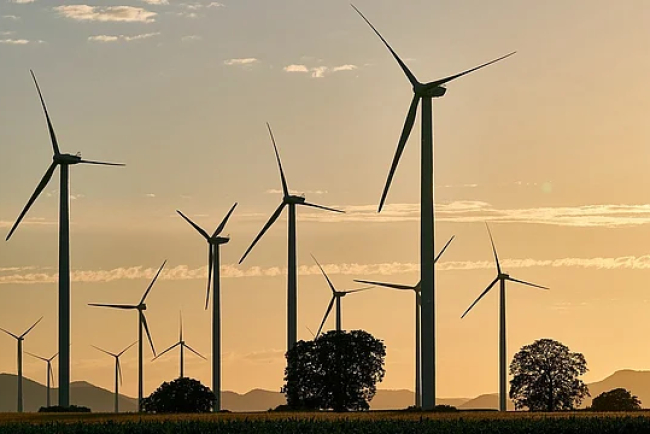UK Invests $272 Million in Acorn CCS Project for Net-Zero Goals
The UK has invested $272 million in the Acorn CCS project in Scotland to capture and store industrial carbon dioxide, supporting net-zero goals by 2050 and creating clean energy jobs. UK invests $272M in Acorn CCS project to capture and store CO2 under the North Sea, advancing net-zero emissions by 2050 and boosting clean energy jobs.

The United Kingdom has committed $272 million to the Acorn carbon capture and storage (CCS) project in Scotland to support its net-zero emissions target by 2050. The project, located in St Fergus, aims to capture carbon dioxide from industrial sources and store it under the North Sea. This investment reflects the UK’s focus on decarbonizing heavy industry and fostering clean energy jobs as part of its climate strategy.
The Acorn CCS project is a joint venture involving Storegga, Shell UK, Harbour Energy, and North Sea Midstream Partners. It focuses on capturing carbon dioxide emissions from industries in Scotland and transporting them through repurposed pipelines for permanent storage 2.5 kilometers beneath the North Sea. The UK government announced the $272 million investment on June 12, 2025, following a spending review on June 11. This funding supports the development of carbon transportation and storage infrastructure, critical for reducing emissions from energy-intensive sectors like steel and cement.
The project is expected to contribute to the UK’s goal of removing up to 18 million tonnes of carbon dioxide annually when combined with another CCS initiative, the Viking project. This aligns with the country’s legally binding commitment to achieve net-zero emissions by 2050. The Acorn project will also create clean energy jobs, boosting the local economy in Scotland. By repurposing existing pipelines, the initiative reduces costs and accelerates implementation, making it a practical solution for industrial decarbonization.
The government views CCS as essential for curbing emissions from sectors that cannot easily transition to renewable energy. The Acorn project will serve as a model for scaling CCS technology across the UK. Challenges include ensuring long-term storage safety and securing additional funding for expansion. The project’s success depends on collaboration between industry partners and government agencies to maintain momentum and meet technical standards.
Conclusion
The UK’s $272 million investment in the Acorn CCS project is a significant step toward achieving net-zero emissions by 2050. By capturing and storing industrial carbon dioxide, the project supports decarbonization and economic growth in Scotland. Continued investment and collaboration will be key to scaling CCS technology and meeting climate goals.
Source: Outlook Business
What's Your Reaction?

















